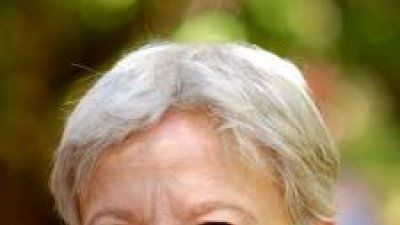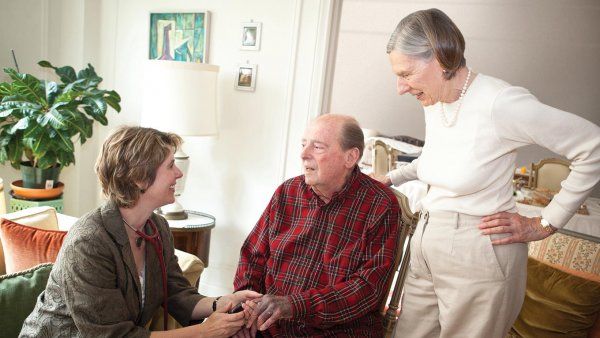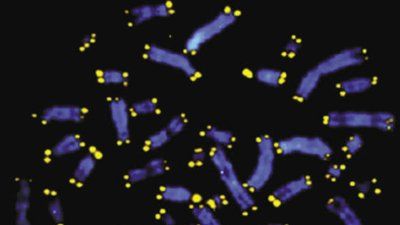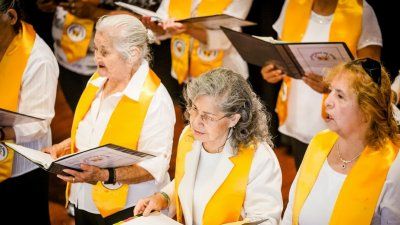National Senior Citizens Law Center Honors Estes
On the evening of Oct. 17, the National Senior Citizens Law Center (NSCLC) honored UC San Francisco School of Nursing’s Carroll Estes, PhD, with the organization’s Second Annual Paul Nathanson Distinguished Advocacy Award for her work on aging and elder women’s economic and health security.









